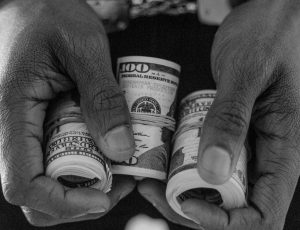One of the U.S. government’s most powerful economic weapons against the shutdowns of the COVID-19 era were the low-interest loans offered to small businesses through the Paycheck Protection Program (PPP). Initially designed to help businesses maintain their workforces through potentially long-term quarantines, PPP granted almost $800 billion in loans starting in spring 2020.
Evidently included in that staggering price tag are a large number of loans fraudulently granted to ineligible or undeserving recipients. In fact, 1.4 million PPP loans show signs of fraud, which amounts to $64 billion in potentially wasted taxpayer money. And according to a report released in December 2022 by the House Select Subcommittee on the Coronavirus Crisis, fintechs are largely to blame for these abuses, with the companies Womply and Blueacorn called out by name for their failure to detect and prevent fraud.
“Despite fintechs’ claims that their use of technology and innovation would allow them to better administer the PPP than traditional financial institutions,” the report said in its executive summary, “many of these companies appear to have failed to stop obvious and preventable fraud, leading to the needless loss of taxpayer dollars.”
Furthermore, the report’s authors argued, fintech companies exploited their largely unregulated status to rake in “billions in fees from taxpayers while becoming easy targets for those who sought to defraud the PPP.”
























